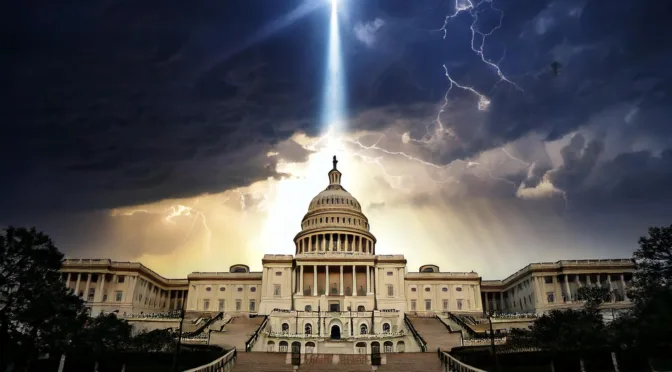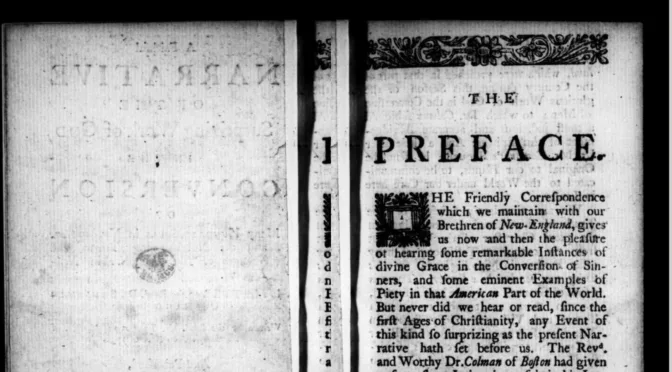Whose Side Are You On? America’s Real Battle Is Not Left vs. Right—It’s God vs. Godlessness
America is more divided than ever. Republicans and Democrats square off like two warring factions, each convinced they are the righteous ones. On nearly every issue—economics, social policies, foreign affairs, the role of government—they stand in direct opposition. But look beyond the surface, and you’ll see that this battle is not just political—it is spiritual.
Both parties are filled with politicians who twist the truth, manipulate public opinion, and prioritize power over principle. Meanwhile, the media—controlled by a handful of corporate elites—works around the clock to market their own agenda, ensuring their views dominate the airwaves. They don’t just report the news; they manufacture reality, pushing narratives that serve their interests. And millions of Americans buy into it, believing the lie that the real fight is left vs. right. But it’s not. The real battle is God vs. godlessness.
Are You on God’s Side?
When Joshua stood before Jericho, he saw the angel of the Lord and asked, “Are You for us or for our adversaries?” The response? “No; rather I have come now as captain of the army of the Lord.” (Joshua 5:13-14, NASB). The angel wasn’t taking sides in a human conflict—he was on God’s side.
This is what America has forgotten. We are obsessed with choosing a political side, yet no one is asking the real question: Are we on God’s side?
This nation was built on the belief that our rights come from God, not government. But today, both parties have become idols. People trust political saviors instead of the only true Savior, Yeshua. We have fallen because we have abandoned Him.
America’s Only Hope
But there is still hope. God has not forsaken us. His Word is clear:
“If My people who are called by My Name humble themselves and pray and seek My face and turn from their wicked ways, then I will hear from heaven, and I will forgive their sin and will heal their land.” (2 Chronicles 7:14, NASB).
This isn’t about Republicans or Democrats winning elections—it’s about whether or not we return to God. America doesn’t need better politicians. America needs repentance.
The real battle isn’t between conservatives and progressives. It’s between light and darkness, truth and deception, righteousness and rebellion. The time has come to stop fighting for man’s kingdom and start standing for God’s Kingdom.
Will You Stand for God?
God is looking for people who will stand for truth—uncompromising, unshaken, and unwavering. Will you be one of them?
Father, forgive us for trusting in men instead of You. Turn our hearts back to You. Raise up voices in this nation who will stand boldly for Your truth. Bring revival to this land. In Yeshua’s name, amen.


